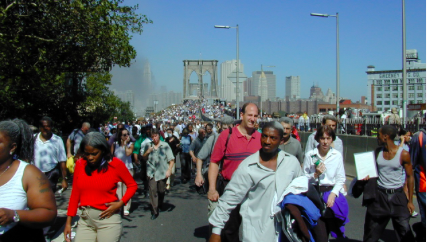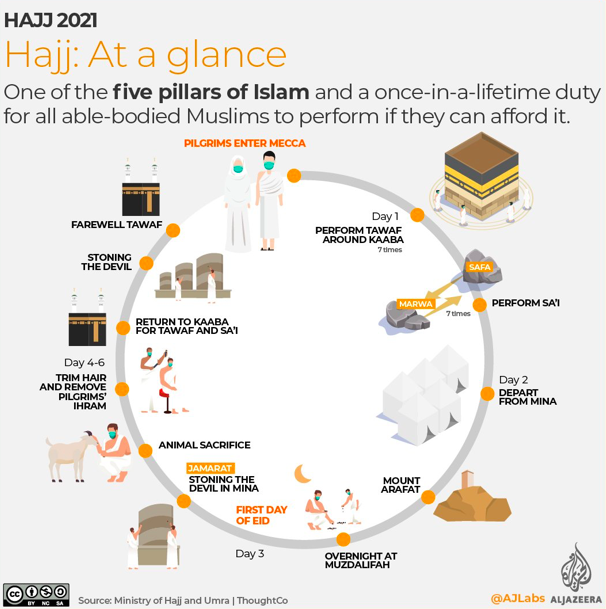
On the anniversary of 9-11, the most well-researched disaster of all time (at least until Covid), here is a thread of some of the readings I recommend on public behaviour during the event (mostly free access)
#September11th 1/11
#September11th 1/11

First @RebeccaSolnit's inspirational book chapter describing spontaneous coordination in the evacuation of New York - an emphatic answer to those who ask whether disaster solidarity can arise a strongly individualistic country
#September11th 2/11
goodreads.com/book/show/6444…
#September11th 2/11
goodreads.com/book/show/6444…
A brilliant paper by Guylene Proulx & Rita Fahy paper – what went right with the WTC evacuation; 99% of those below where the plane struck in tower 1 survived
#September11th 3/11
global.ctbuh.org/resources/pape…
#September11th 3/11
global.ctbuh.org/resources/pape…
Rory Connell’s study finds evidence that ‘Helping behavior, the definition of norms in the stairwells, and episodes of deviant behavior as emerging norms were all evident in the evacuation process’
#September11th 4/11
udspace.udel.edu/handle/19716/6…
#September11th 4/11
udspace.udel.edu/handle/19716/6…
One of @evacguy's important papers on the WTC evacuation, showing that there was little evidence of 'panic', despite the prevalence of the word
Galea & Blake (2004)
#September11th 5/11
fseg.gre.ac.uk/fire/odpm_fire…
Galea & Blake (2004)
#September11th 5/11
fseg.gre.ac.uk/fire/odpm_fire…

Kathleen Tierney’s account of improvised coordination among professional responders, whose control centre was knocked out, in collaboration with the survivors’ own spontaneous response
#September11th 6/11
essays.ssrc.org/sept11/essays/…
#September11th 6/11
essays.ssrc.org/sept11/essays/…
Russell Dynes on the contrast between the spontaneous cooperation observed among survivors and the state’s focus on ‘command and control’ based on disaster myths
#September11th 7/11
ijmed.org/articles/229/d…
#September11th 7/11
ijmed.org/articles/229/d…
Those evacuating the building mostly cooperated and attempted to provide each other with social support (Averill et al., 2005)
#September11th 8/11
nist.gov/publications/o…
#September11th 8/11
nist.gov/publications/o…
This study examines factors associated with initiation and length of time for evacuation, including sensory cues, risk perception, delaying behaviors, and following a group or an emergent leader (Gershon et al., 2011)
#September11th 9/11
onlinelibrary.wiley.com/doi/10.1002/fa…
#September11th 9/11
onlinelibrary.wiley.com/doi/10.1002/fa…
@ericakul’s reflection last year on how analysis of the evacuation contributed to safer evacuations subsequently
#September11th 10/11
theconversation.com/how-the-terrif…
#September11th 10/11
theconversation.com/how-the-terrif…
Finally, my blogpost summarizing some of the research and the implications for policy and practice – What do the events of 9-11 tell us about public behaviour and the politics of disasters?
#September11th 11/11
drury-sussex-the-crowd.blogspot.com/2011/09/what-d…
#September11th 11/11
drury-sussex-the-crowd.blogspot.com/2011/09/what-d…
• • •
Missing some Tweet in this thread? You can try to
force a refresh




